Forum
Cooperation between Germany and Korea for Unification on the Korean Peninsula
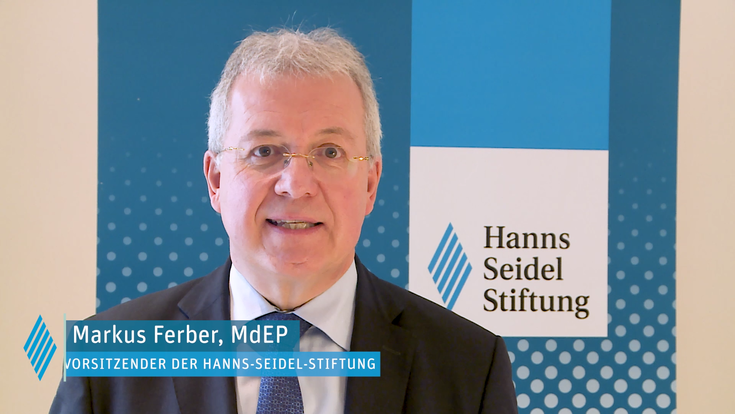
The German-Korean Unification Forum, hosted by the Korea Institute for Peace and Cooperation (KIPCO) and Hanns Seidel Foundation (HSF), was held to present suggestions to the Korean Peninsula referring to the case of Germany that established peaceful unification and successful national growth. Prof. Dr. Ki Woong Son of KIPCO and Dr. Bernhard Seliger, representative of HSF Korea, were the co-representatives of the forum.
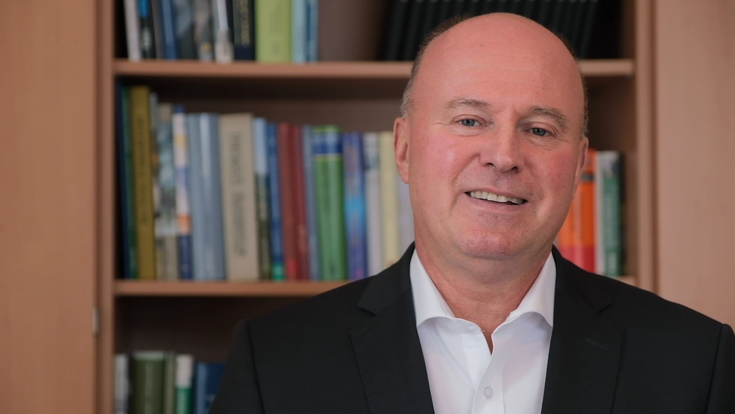
Mr. Pan-duk Yoo, secretary general of KIPCO officiated the opening ceremony. Following Prof. Dr. Ki Woong Son’s opening speech and Dr. Seliger’s welcoming speech, congratulatory speeches by Markus Ferber, chairman of the HSF, and Hartmut Koschyk, co-chairman of the German-Korean Forum, etc. took place online. Rainer Eppelmann, former East German minister, congratulated the forum opening by saying that “going towards a common goal of reunification is challenging but there still lies a chance.”
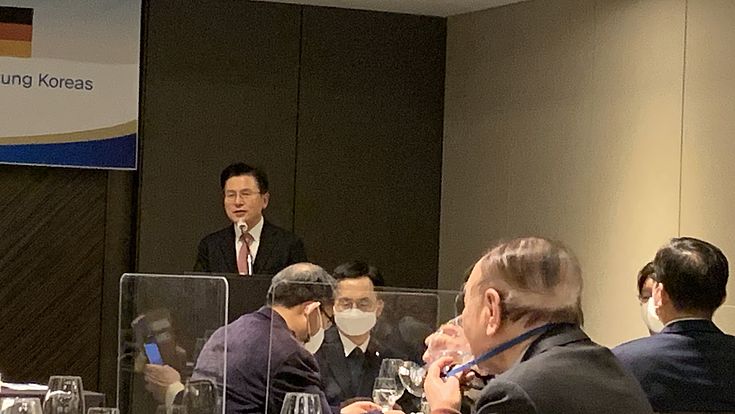
On the Korean side, Hwang Kyo-Ahn, former Prime Minister and acting President of Korea, gave a congratulatory message. Kyung Dae Hyun, legal consultant and former senior vice-chairman of the Democratic Peace Conference, Yi Jong Kwon, honorary professor at Korea National University of Education, and Hong Kee Lee, chairman of the Korea Institute of Convergence Security, also took part in the congratulatory speech. With high hopes, all expected greatly that German-Korean Unification Forum would contribute to find solutions for divided Korea.
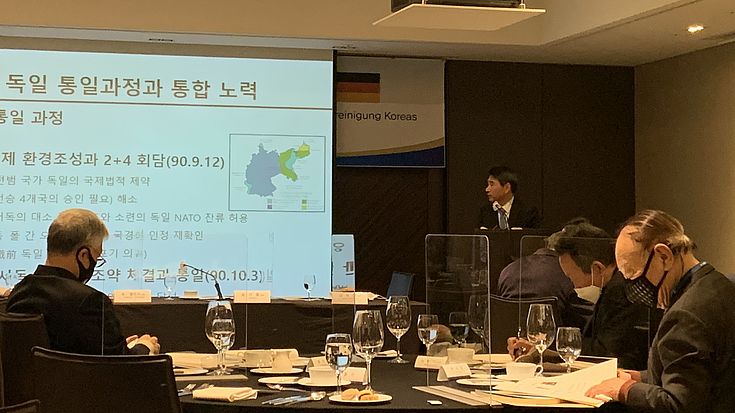
Next, followed two presentations by Jae Shin Kim, former Korean Ambassador to Germany, and Dr. Seliger. Mr. Kim first discussed the implications of German unification and the challenges of Korea. He drew suggestions by comparing the different conditions of Germany and Korea, such as international environment. He strongly stated that “judging from the case of Germany, peaceful reunification is possible and it is necessary to promote consistent policies of exchange and cooperation.” He added that “our task is to pursue sustainable unification policies and promote the public’s understanding on unification issues.”
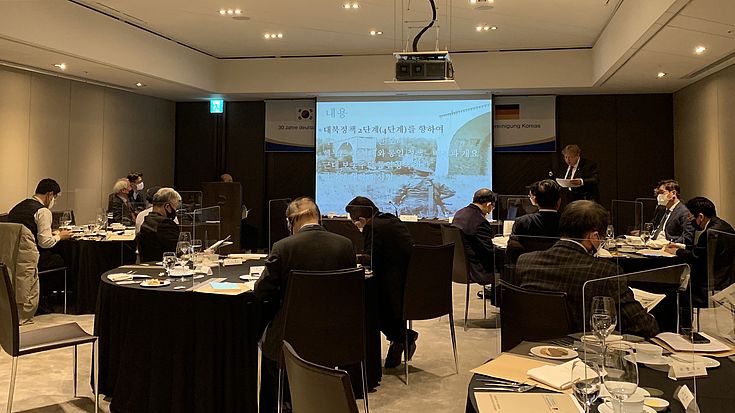
Dr. Seliger’s presentation followed, where he addressed Germany’s conservative unification policy in the Helmut Kohl era and his political strategies. “The German conservatives’ policies were balanced with vision, principles and flexibility.” he said, stressing the importance of principle-based policies. He asserted that although German unification policies brought a lot of conflict and confusion and first, Kohl maintained his position to achieve unification. In addition, Dr. Seliger affirmed that “private exchanges and regular meetings led to unification and built a foundation for trust-building.” Lastly, he suggested Korea find its own implications rather than “learning a lesson from Germany” by touching on statutory changes.
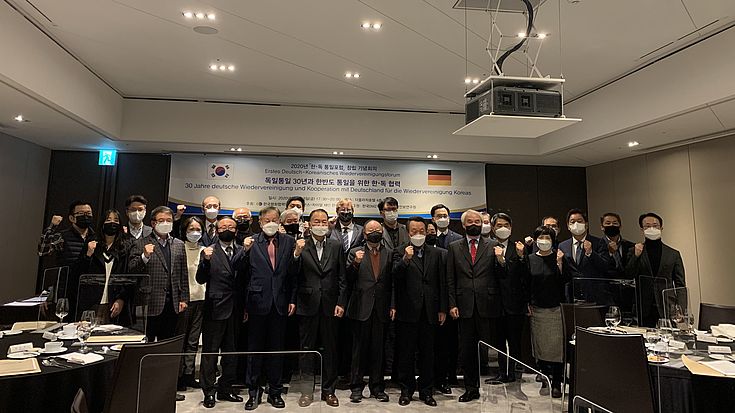
After the presentations, a discussion took place with dinner. Discussants including Byung Ki Yang, former chairman of Korean Political Association, Yoon Soo Cho, former ambassador to Turkey and consul general in Berlin, and Chang Soo Jin, former director of the Sejong Institute, congratulated the opening of the German-Korean Unification Forum. Participants thanked the organizers and presenters for hosting and hoped to further contribute to the Korean unification process via the forum.
